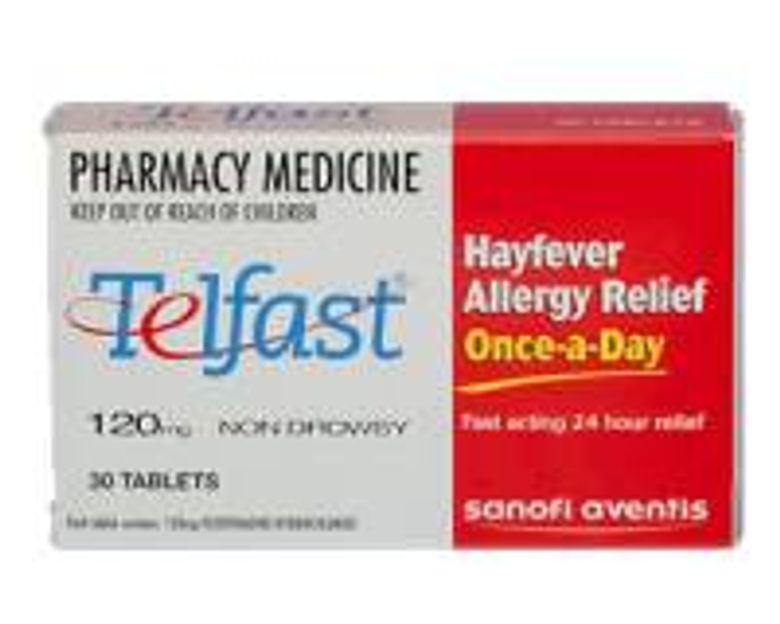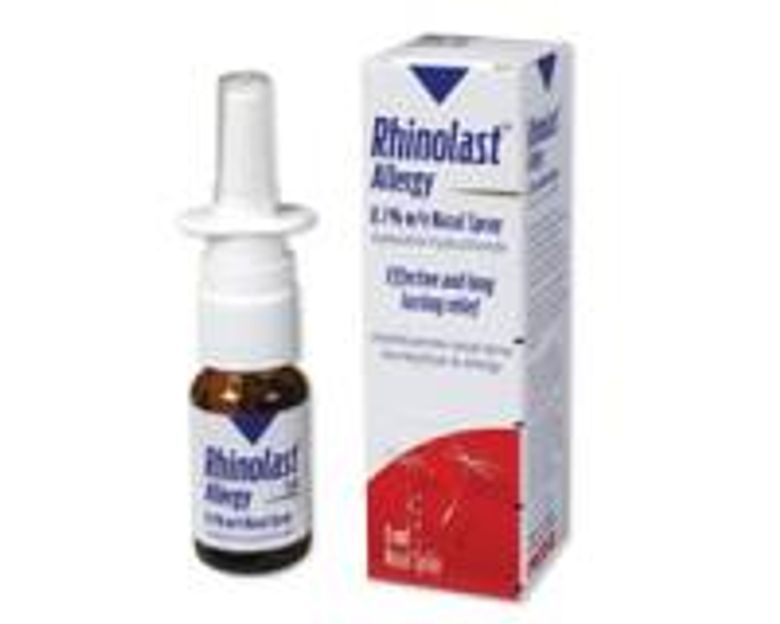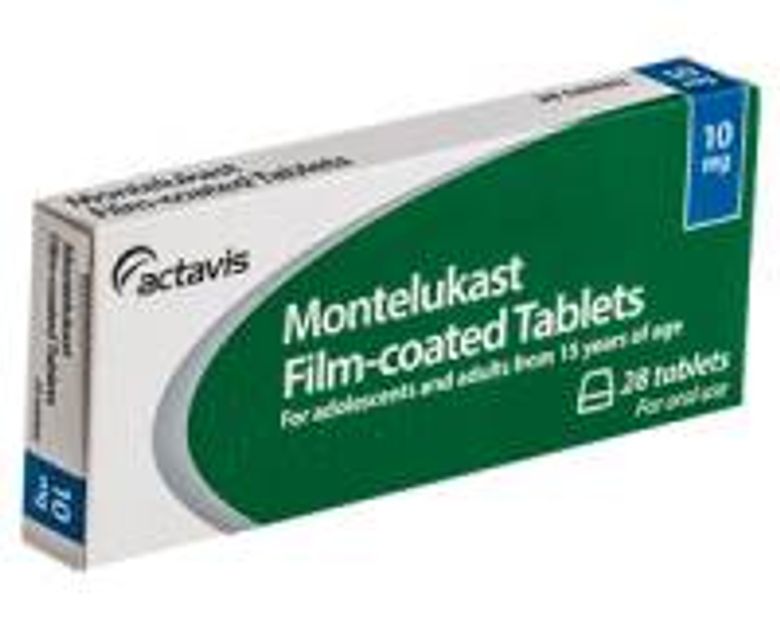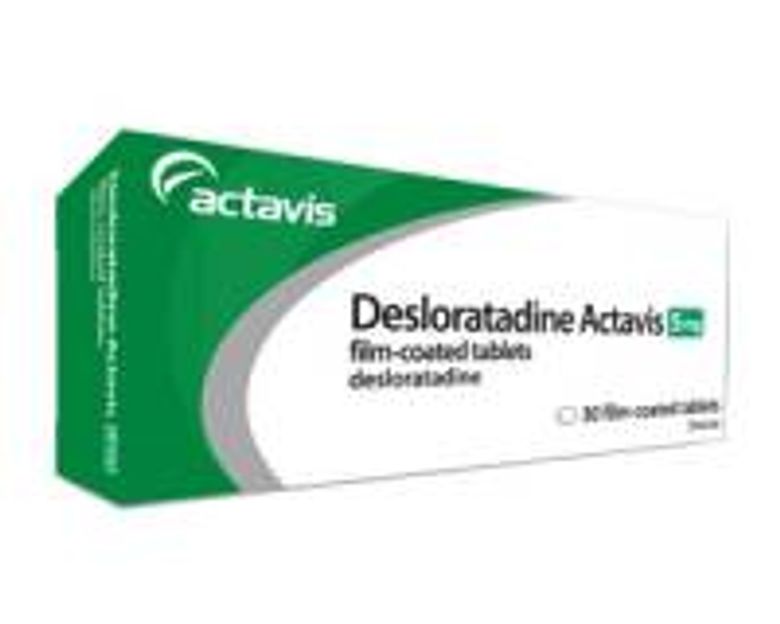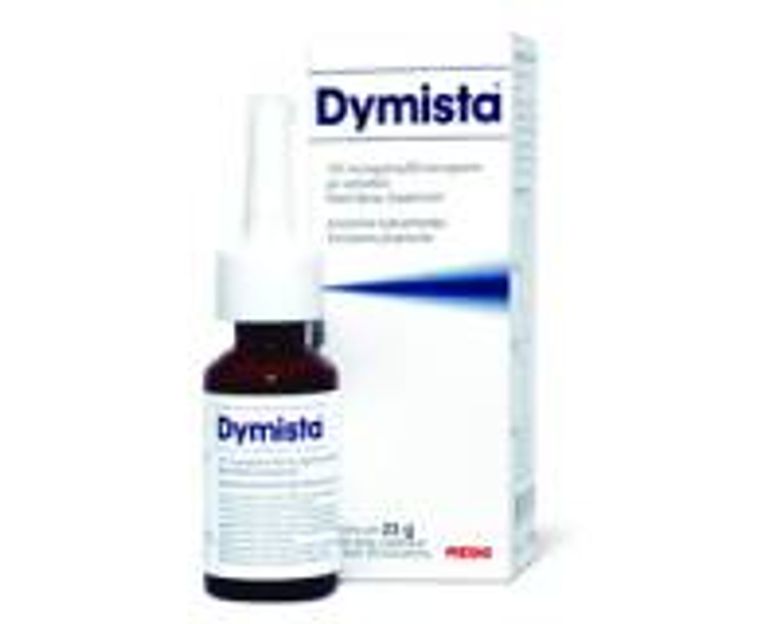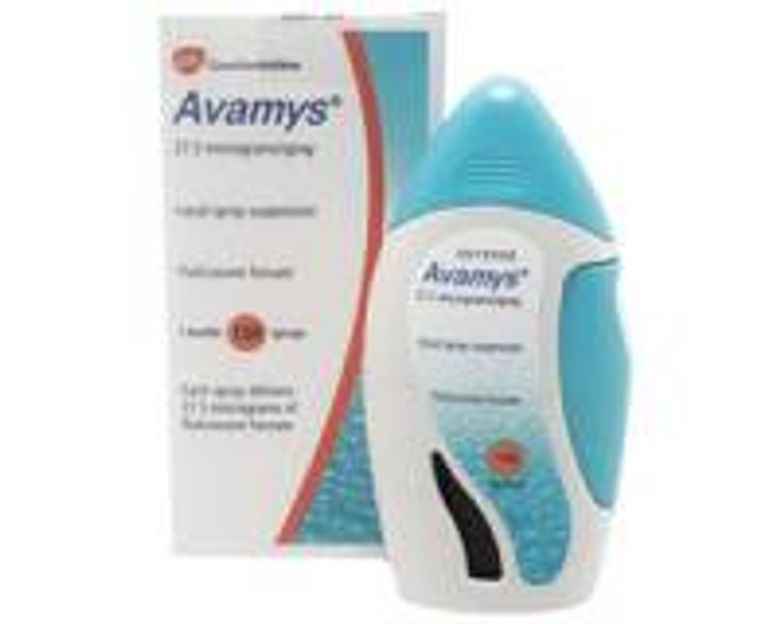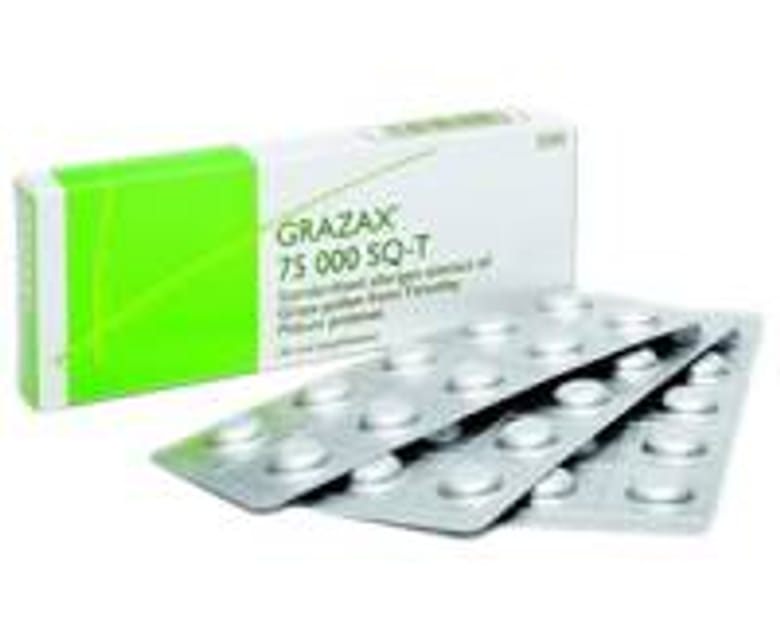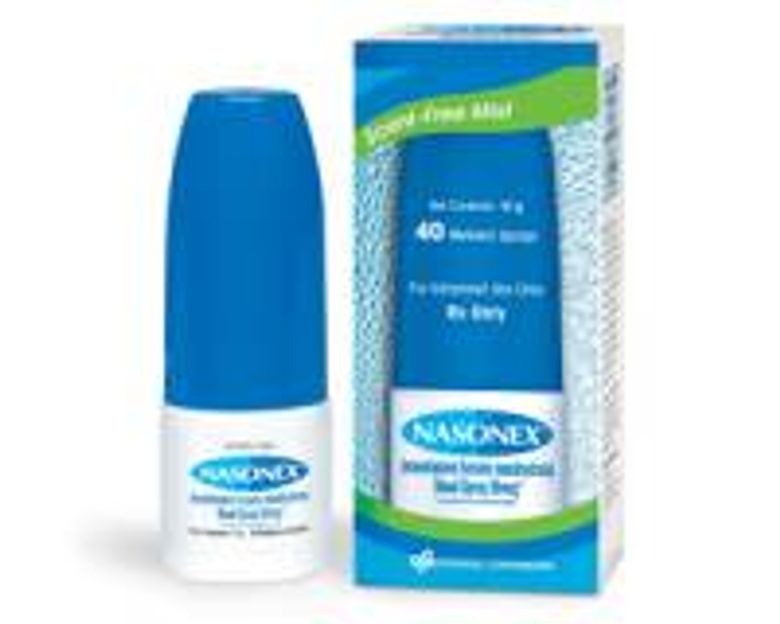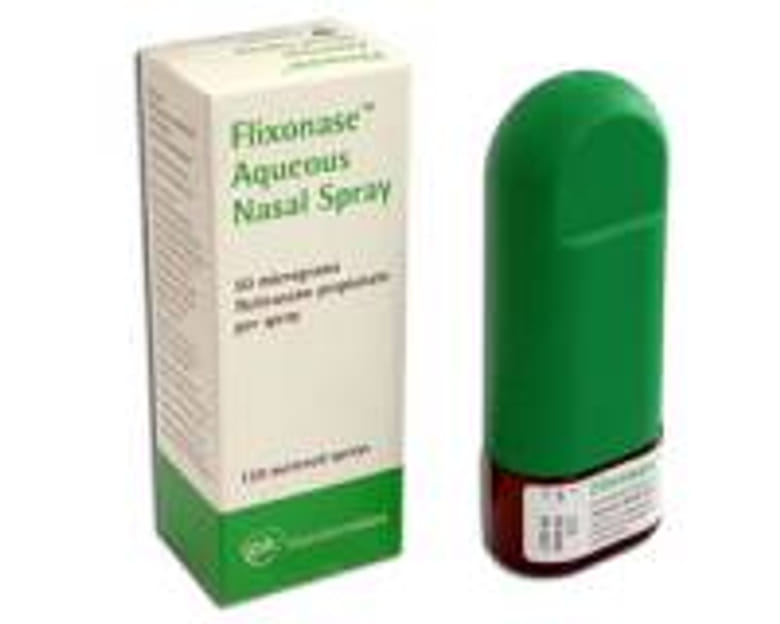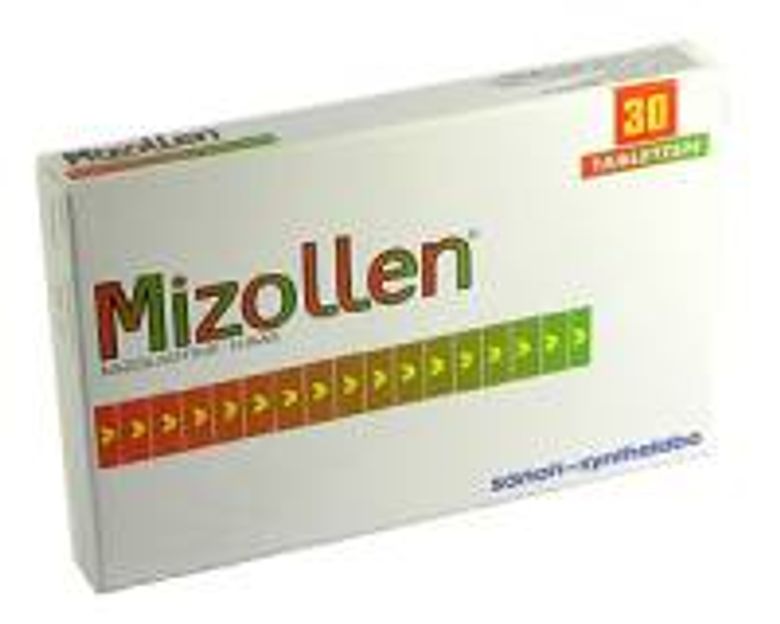Doctor's advice
For allergic rhinitis, doctors usually recommend avoiding allergen triggers as a first step. A combination of strategies is often needed to manage symptoms. Medication such as non-sedating antihistamines or corticosteroid nasal sprays may be prescribed based on symptom severity. Immunotherapy, a longer-term treatment that reduces hypersensitivity to allergens, can be considered if symptoms persist. This treatment is done under medical supervision and lasts 3-5 years.
Medication
Various tablets, nasal sprays, and eye drops are available to alleviate allergy symptoms. For allergic asthma, inhalable medications can help relax respiratory muscles and relieve symptoms. In cases of severe reactions, such as to insect stings, adrenaline may be administered via an autoinjector. Contact allergies are often treated with corticosteroid creams, while medication allergies may require discontinuing the offending drug.
Alternative treatments
Alternative approaches include:
- Homeopathy: Can potentially alleviate hay fever symptoms.
- Light therapy: Uses specific light wavelengths to reduce allergic reactions, particularly for hay fever or eczema.
- Sun allergy prevention: Gradual exposure to sunlight and using quality sunscreen can help prevent reactions.
Lifestyle changes
To manage allergy symptoms:
- For pollen allergies: Keep windows closed and limit time spent outside during peak pollen seasons.
- For dust mite allergies: Regularly air bedding, vacuum mattresses weekly, and avoid making the bed immediately after getting up. Choose synthetic materials, avoid carpets, and ensure good ventilation in bathrooms and kitchens.
- For pet allergies: The most effective solution is often to remove the pet from the home and avoid contact with the species.
- For food allergies: Avoiding the allergenic food is crucial, but not always easy. Proteins causing the allergy may be present in various products, and cooking often reduces allergenicity. In cases of serious reactions, strict avoidance is necessary.
- For contact allergies: Once the allergen is identified, avoid exposure.
- For allergic asthma: Follow similar guidelines as for pollen, dust mite, and pet allergies. Using hypoallergenic bedding and staying away from smoke can also help.



